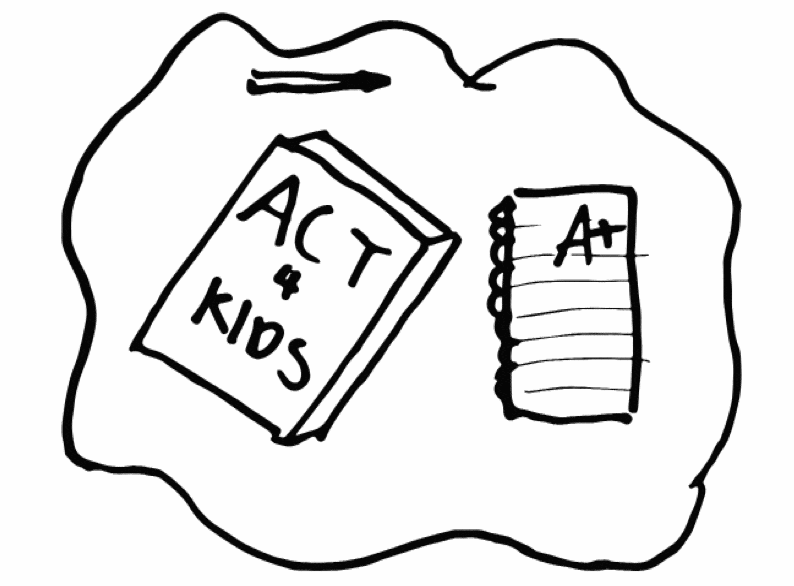Nobody wants to talk about Asians. As neither the majority nor the true minority, we lie somewhere in limbo, as model minorities—a minority viewed as more successful than average in society. Statistically, we thrive economically in comparison to other racial groups and are overrepresented in professional-managerial work in the United States. As a result, our struggles lack publicity and are often ignored.
Despite our perceived success, we still face many stereotypes. Asians are studious. We work hard, study hard, and play (video games) harder. We’re all engineers or doctors. We eat rice everyday, watch anime, and listen to Korean pop stars. Our eyes are glued to computer screens and televisions, to Crouching Tiger, Hidden Dragon and Fist of Fury. Our homes are littered with pyrite shrines, math contest trophies, chess awards, and science fair medals. And we boy do we love our acronyms—SAT, ACT, AMC, MAA.
Of course, we are not all karate masters and math geniuses. Plenty of us have rejected everything to do with Asian cultures, from the science fair medals to the kung pao chicken or the musical instruments. These people are actively exploring who they are and who they want to be—they don’t want to be tagged and labeled as stereotypically Asian before they’ve even had a chance to take a look at themselves in the mirror. Yet a large number of us still struggle to find our own sense of identity and individuality. Our parents and our culture have molded us into cookie cutter shapes and production machines of test scores and math facts. We worked day in and day out bubbling in little circles and telling ourselves that we could just pick C in case of emergency.
But what happens when the test craze ends?
A lot of us, not just Asians of course, were test crazed in high school. People were constantly obsessed with being perfect on paper, without paying attention to who they wanted to be off the paper. Now that it’s all over, who are we? Are we all test score factories? Martial arts wizards and Major League Gamers?
The answer can be hard to find. Without much Asian representation in the media, it can be difficult to find a role model. As a result, we must each forge our own path, going by trial and error until we discover who we are or who we want to be. During this process we explore different cultures, taking in as much of the world as possible outside of our own.
I have to tell you though—I really love rice. I love pho, sushi, and all other kinds of Asian food. I want to learn muay thai. I take pride in dancing across piano keys. I love my acronyms and the little shrines in my house that remind me that my parents do love me, no matter what they say about my laziness. I even aspire to study medicine. To some this may be stale, even stereotypical maybe, but it is who I am. These are just a few fragments of my identity, and no one can tell me otherwise.
There’s no shame in being Asian. There’s no shame in not loving everything about your culture either. You can be whoever you want to be, regardless of what your parents, your peers, and your subconscious tells you. So what if you want to spend countless years in school to save people for a living? That doesn’t mean you’re the same as every other Asian out there. It’s okay to be a nerd, a martial artist, or anything else you want to be. By no means does it make you a stereotype.
What I’m trying to say is that it boils down to a simple fact. I’m not yellow like a sunflower, nor am I the color of bleached flour. There’s not just two sides. Being Asian doesn’t mean choosing between assimila- tion and rebellion. There are infinite shades of yellow, and fitting a racial stereotype doesn’t define who you are. Find yourself.
